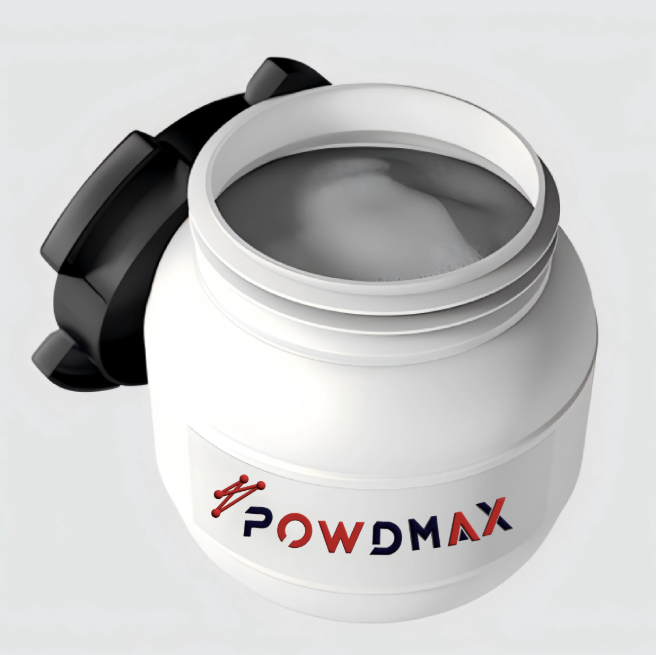Comprehensive Troubleshooting Guide for Identifying and Resolving Common Performance Issues in Parasitology ELISA Kits
Parasitology ELISA kits are essential tools in diagnostics, research, and environmental monitoring for detecting parasitic infections and biomarkers. Despite advances in ELISA technology, users frequently encounter performance inconsistencies that can compromise data reliability. Novatein Biosciences, headquartered in the greater Boston area and renowned for its high-precision biological reagents, has developed this comprehensive troubleshooting guide. The guide addresses performance issues from all critical angles—antibody quality, sample handling, assay conditions, and detection systems—ensuring researchers achieve optimal reproducibility and sensitivity.
1. Common Performance Issues in Parasitology ELISA Kits
Performance variability in ELISA assays can manifest in several ways:
-
High Background Signal: Non-specific binding or inadequate washing can result in elevated optical density (OD) readings.
-
Low Signal/Reduced Sensitivity: Insufficient antigen capture, antibody degradation, or enzyme activity loss can reduce signal detection.
-
Poor Reproducibility: Variations between wells, plates, or lots may arise from inconsistent reagents, pipetting errors, or incubation conditions.
-
Cross-reactivity: Non-target interactions can generate false positives, compromising assay specificity.
-
Plate Artifacts: Uneven coating, bubble formation, or contamination can distort results.
Understanding the root causes of these issues is critical for reliable parasitology ELISA testing.
2. Optimizing Antibody Performance
Antibodies are the cornerstone of ELISA performance. Novatein Biosciences ensures that all primary and secondary antibodies are validated for multiple applications—including ELISA, Western blot, IHC, IF, and flow cytometry—minimizing cross-reactivity.
Key troubleshooting steps:
-
Check antibody storage conditions: Prolonged exposure to freeze-thaw cycles can degrade antibody activity. Store at -20°C or -80°C with minimal freeze-thaw cycles.
-
Assess lot-to-lot consistency: Novatein antibodies undergo extensive lot-to-lot performance validation (30+ parameters). If variability is detected, request a lot-specific QC report.
-
Optimize antibody concentration: High background often indicates excessive antibody; low sensitivity may indicate insufficient antibody. Titrate carefully for optimal signal-to-noise ratio.
-
Validate specificity: Use cross-reactivity panels to ensure minimal interference from related parasitic antigens.
3. Sample Handling and Preparation
Sample integrity is a frequent source of ELISA performance issues. Degraded or contaminated samples can lead to false readings.
Best practices:
-
Storage: Store serum, plasma, or tissue lysates at recommended temperatures and avoid repeated freeze-thaw cycles.
-
Dilution: Ensure proper dilution to fall within the assay’s dynamic range. Novatein provides NIST-traceable reference standards for accurate calibration.
-
Matrix effects: Test for interference from lipids, hemoglobin, or preservatives that may inhibit antigen-antibody binding.
4. Plate and Reagent Considerations
The quality of ELISA plates and reagents directly affects performance:
-
Pre-coated plates: Novatein ELISA kits come with QC-certified pre-coated plates. Uneven coating can lead to intra-plate variation. Inspect visually and avoid bubbles during sample addition.
-
Reagent stability: Monitor the expiration dates and storage conditions. Enzyme conjugates can lose activity over time; use freshly prepared buffers when possible.
-
Multiplex compatibility: When using multiplex ELISA systems, ensure that detection antibodies do not cross-react with other targets. Novatein kits include multiplex-compatible detection systems to minimize interference.
5. Optimizing Assay Conditions
Assay execution is another critical determinant of ELISA success. Even minor deviations in incubation, washing, or detection protocols can affect results.
Troubleshooting tips:
-
Temperature control: Incubate plates at the recommended temperature; fluctuations can alter binding kinetics.
-
Washing efficiency: Inadequate washing can increase background, while over-washing may strip bound antigens. Follow the recommended wash cycles precisely.
-
Incubation time: Over- or under-incubation can impact sensitivity. Perform time-course optimization when setting up a new assay.
-
Substrate reaction: Monitor color development closely; overdevelopment leads to signal saturation, underdevelopment reduces detection sensitivity.
6. Instrumentation and Detection
Detection systems, including plate readers, pipettes, and incubators, play a significant role in assay consistency.
-
Calibration: Ensure spectrophotometers and plate readers are calibrated regularly.
-
Pipetting accuracy: Use precision pipettes and check for consistent volume delivery across wells.
-
Environmental factors: Avoid direct light, vibrations, or temperature fluctuations that could interfere with enzyme kinetics or plate readings.
7. Quality Control and Validation
Novatein Biosciences emphasizes certified performance and rigorous validation to minimize ELISA errors:
-
NIST-traceable reference standards: Ensure accurate quantification of parasitic antigens.
-
Lot-to-lot consistency: Each lot undergoes extensive testing for over 30 performance parameters.
-
Cross-reactivity validation: Minimum 95% specificity confirmed for each antibody or kit.
-
Stability monitoring: Both real-time and accelerated shelf-life studies guarantee reproducible performance.
Adopting these quality control measures significantly reduces variability and enhances reproducibility in parasitology ELISA assays.
8. Advanced Troubleshooting Approaches
For persistent performance issues, consider advanced strategies:
-
Matrix spike recovery: Add known quantities of antigen to assess matrix effects.
-
Standard curve evaluation: Examine the linearity of the standard curve; non-linear response may indicate plate or reagent issues.
-
Replicate analysis: Increase replicate numbers to identify outliers or systemic errors.
-
Comparative analysis: Test samples with multiple kit lots or alternative antibodies to confirm results.
9. Technical Support and Scientific Expertise
Novatein Biosciences provides Ph.D.-level technical support to troubleshoot complex ELISA issues:
-
Personalized guidance on antibody titration, assay optimization, and cross-reactivity resolution.
-
Assistance with multiplex assay setup and validation.
-
Access to technical notes, SOPs, and QC documentation to ensure regulatory compliance.
Leveraging expert support can significantly reduce assay development time and improve data reliability.
10. Frequently Asked Questions (FAQ)
Q1: Why is my ELISA showing high background despite washing steps?
A1: High background can result from excessive antibody concentration, contaminated buffers, or inadequate blocking. Optimize antibody titration and validate blocking reagents.
Q2: How can I improve reproducibility between plates?
A2: Use pre-coated plates from the same lot, standardize incubation times and temperatures, and ensure pipette calibration. Novatein kits include QC-certified pre-coated plates for consistency.
Q3: My signal is too low; what could be the cause?
A3: Low signal may be due to degraded antibodies, insufficient antigen, or over-diluted samples. Check reagent integrity and optimize sample preparation.
Q4: How do I minimize cross-reactivity in parasitology ELISA?
A4: Use validated antibodies with ≥95% specificity, perform cross-reactivity testing, and include appropriate negative controls.
Q5: Can Novatein kits be used for multiplex assays?
A5: Yes, Novatein ELISA kits feature multiplex-compatible detection systems, allowing simultaneous quantification of multiple targets with minimal interference.
11. Conclusion
Achieving reliable results in parasitology ELISA requires meticulous attention to every detail—from antibody validation, sample preparation, and plate handling to assay execution and detection. Novatein Biosciences offers precision-grade ELISA kits, validated antibodies, and comprehensive technical support to ensure your assays meet the highest standards of reproducibility and specificity. By following this comprehensive troubleshooting guide, researchers can identify, resolve, and prevent common performance issues, ultimately generating trustworthy and reproducible data critical for diagnostics, research, and biomarker discovery.
www.assaysolution.com
Novatein Biosciences Inc.


Average Rating